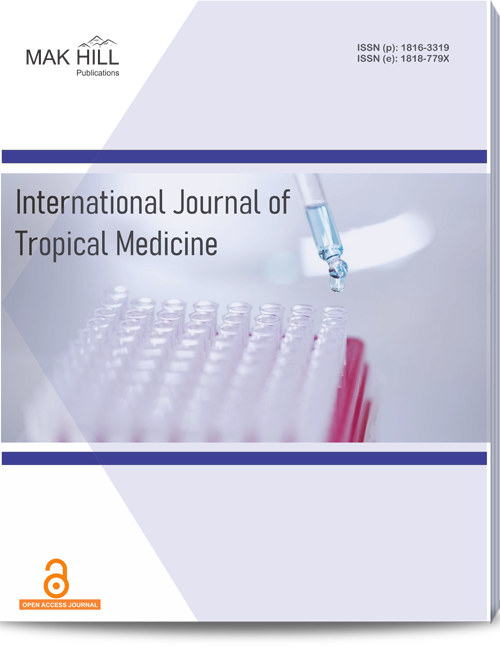
International Journal of Tropical Medicine
ISSN: Online 1818-779XISSN: Print 1816-3319
156
Views
9
Downloads
Abstract
The abnormalities of blood pressure, blood sugar, waist circumference and cholesterol or triglyceride levels that characterize metabolic syndrome are described in the preceding section. The primary purpose of this research is to compare the inflammatory markers of patients with metabolic syndrome to those of people without the illness. Fifty people with metabolic syndrome and fifty healthy people served as controls in the study. Patients at Maharani Laxmi Bai Medical College (MLB) were the focus of this research. After getting the go-ahead, the study's researchers got to work. Informed consent was obtained from all participants before the trial began. Clinical symptoms and documented T2DM duration of less than five years were also disregarded in the exclusion of type 1 diabetes. Individuals who did not have diabetes, multivitamins, or comorbidities were considered to be healthy controls. In order to establish the connection between two variables, regressions were used in statistical analysis. Percentages were also calculated. The significance level was set at p-0.05. This conclusion, it is concluded, is of crucial importance. This new study provides conclusive evidence that both pro-inflammatory and anti-inflammatory cytokines contribute to the progression of metabolic syndrome's secondary illnesses.
How to cite this article:
Abhijat Kulshreshtha and Prabhakar Singh Bais. Comparison of Interleukins Levels in People with Metabolic Syndrome and Those Who Don't Seem to Have Any Health Issues.
DOI: https://doi.org/10.36478/10.59218/makijtm.2023.39.42
URL: https://www.makhillpublications.co/view-article/1816-3319/10.59218/makijtm.2023.39.42